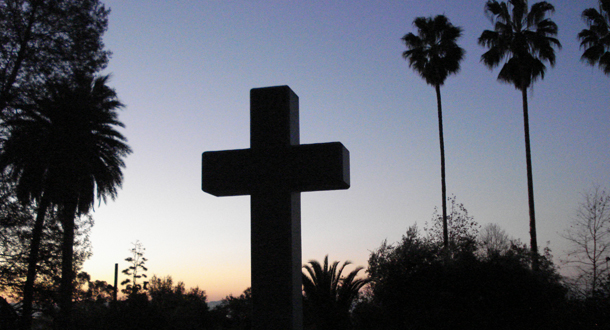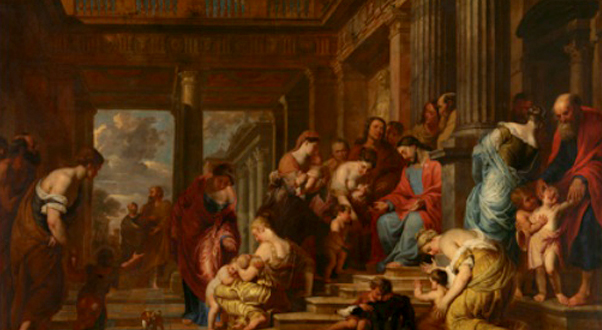 Scripture:
Scripture:
Ezekiel 34:1-11
Matthew 20:1-16
Reflection:
Matthew is challenging us today with this parable from Christ regarding the workers. In the time of Jesus and still today we spend too much time grumbling and ogling the gifts of others instead of spending that time in thanksgiving for our own gifts.
Christ asks us, “Are you envious because I am generous?” (Matt 20:15)
It’s not about what our neighbor gets, our boss, or our brother. It’s so easy to focus on what others have. I have heard it said that there is an “entitlement’ malady in the current generation. I think we all have it. I am certainly guilty of it. This scripture reminds me it is not what I don’t have, but instead what I do have. All that we have and all that we are is from God.
In today’s society the more we gain, the faster we get there, the greatness of our victory is what we desire, even idolize. For me the freeway is where I really see this come to life. I feel the need to hurry, to be first, to get ahead!
A simple response to such sentiments is to look upon the crucified face of Jesus and thus recognize God’s lavish generosity. Paul of the Cross said that by praying with the passion we give, “a drop of remedy to the world.”
How can we be envious if we are looking with thanksgiving at Christ’s generous gift?
That is the challenge for today. When we start to ogle and compare, stop, think of Christ crucified, and give thanks. Today, be the ‘drop of remedy’ to the sickness in the world.
Kate Mims is the Retreat Center Director at Holy Name Passionist Retreat Center in Houston, Texas.

 Scripture:
Scripture: Scripture:
Scripture: Scripture:
Scripture: Scripture:
Scripture: Scripture:
Scripture: Scripture:
Scripture: Scripture:
Scripture: